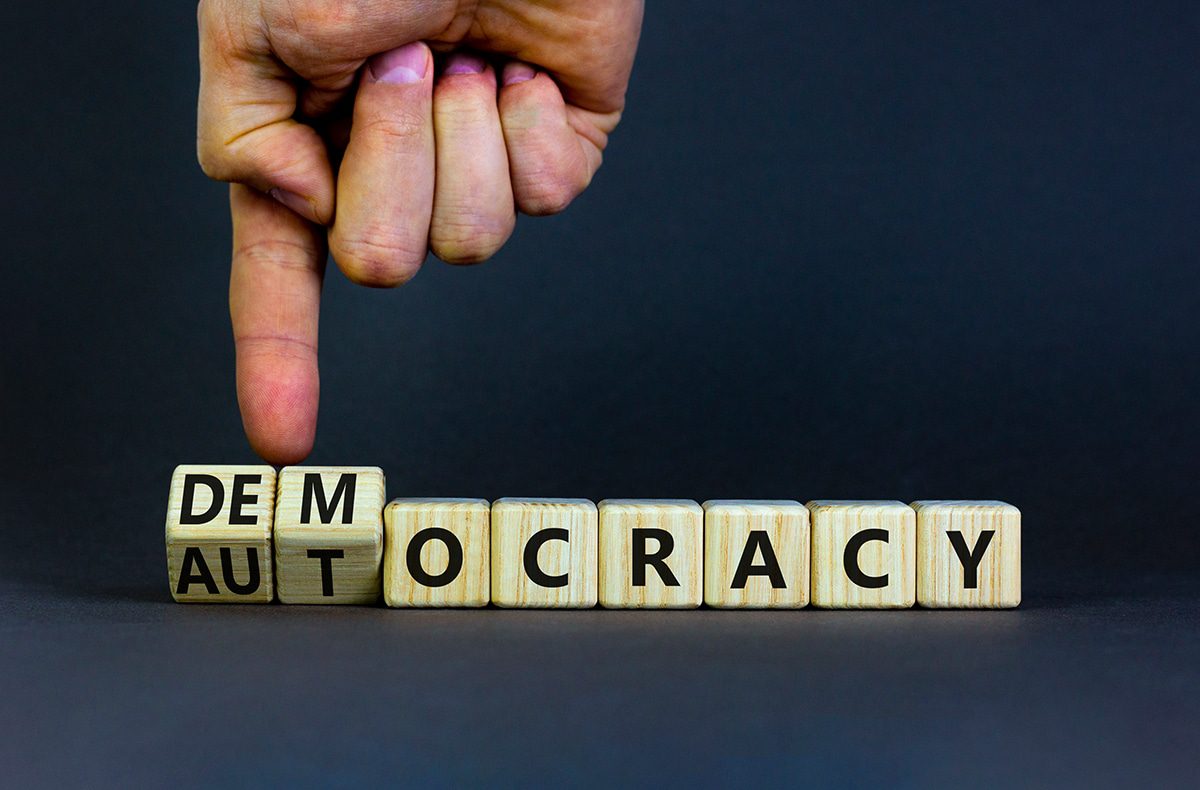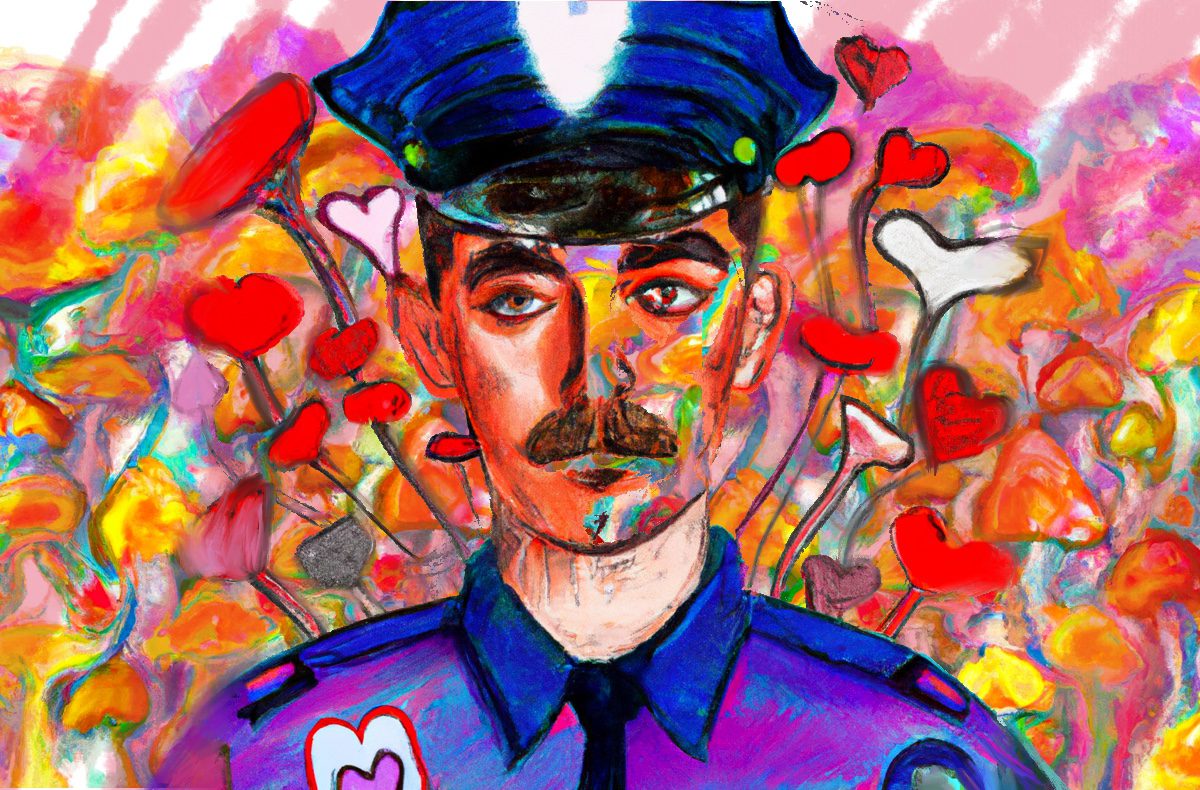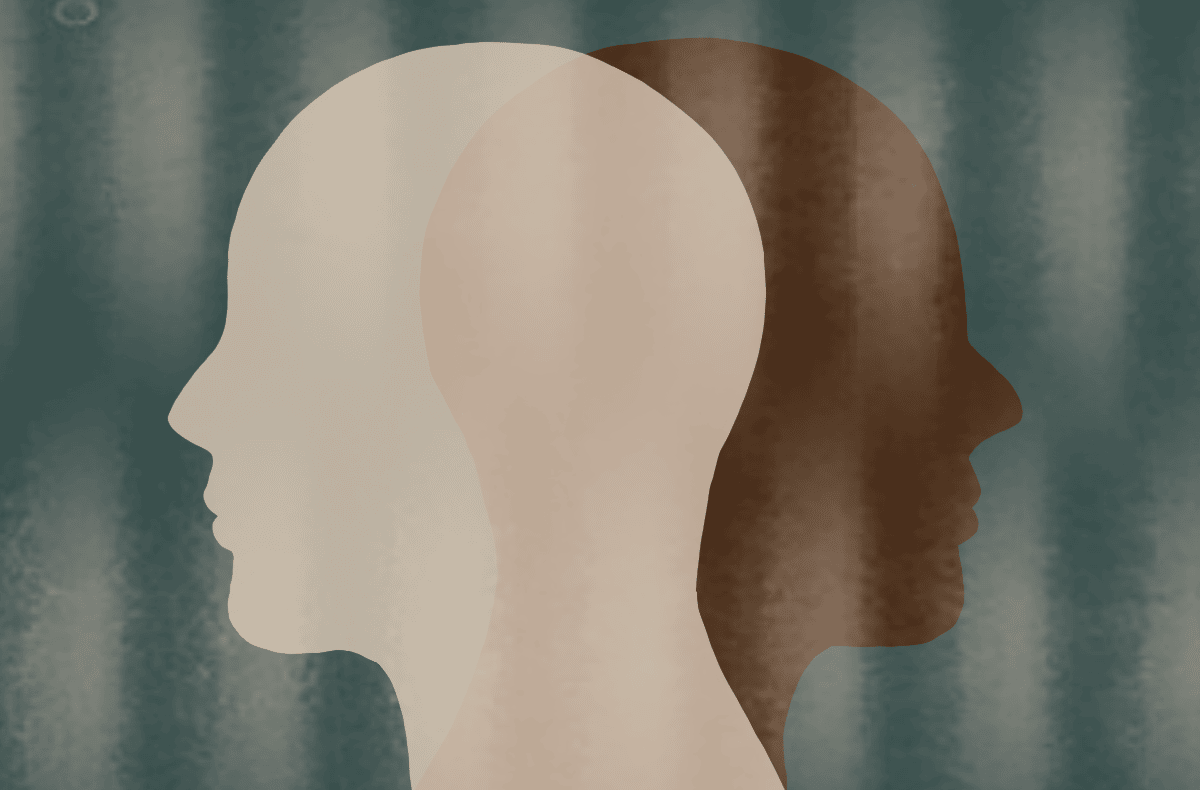
Most of us are following the war in Ukraine with concern, but we need to consider what happens afterwards. How do we win the wider ideological war? How do we ensure that stable, peace-loving democracy comes out on top?
At the G20 Summit in 2019, Putin made his now infamous speech about liberal democracy. He declared it obsolete. He said the idea had “outlived its purpose.” In the future, how do liberal democracies protect themselves against ideological incursions? Putin has long been attacking the fabric of democracy, but we’re also seeing a steady growth of “strong man” politics across the world, which has led to populists and demagogues growing in influence.
In the U.K., autocratic legislation has been created. The Covert Human Intelligence Source (CHIS) Act empowers government spies, including police informants. Inequality before the law now exists in Britain for the first time, because government agents are immune from prosecution. The same legislation legalises the act of State agent provocateurs. Additionally, British police have been given sweeping new powers to prosecute protesters who cause a “nuisance,” and it’s for those police to judge what behaviour deserves arrest. If a protest is noisy, it can be considered a nuisance.
In the USA, voter rights are under attack. It has long been a dark feature of U.S. politics that convicted felons cannot vote. But this ethnic targeting policy is becoming more entrenched and expanded upon. Additionally, many states such as Georgia and Texas have featured sweeping changes to their voting laws in the wake of the 2020 election. Enacted under the guise of eliminating “voter fraud,” these in effect will make voting far more confusing and difficult, especially for those from communities of colour.
It is now well-observed that Russia’s demagogue is at war with liberal democracy on many fronts, both through dark and mysterious Internet troll factories and Machiavellian geopolitical strategies. But the response from many of those liberal democracies has been to shift towards autocracy; to become less liberal. Is this in itself evidence of success for a decade-long campaign from the Kremlin? Most of us who perceive ourselves to be in safe democracies want to preserve our shared values. We want to keep the integrity and stability of our Constitutions. Whether we are conservative or left-leaning voters, we are liberal in our values, even if we do not identify as “Liberal” per se.
As such, we are horrified by Putin and others around the world who persecute minorities or use the death penalty. We are horrified by human rights abuses and do not want our home nations to go in such dark directions.
So we have to be clear. What do we want? How do we define ourselves as nations, in opposition to the growing influence of illiberal power mongers? Because we can only truly beat the opposition with strong arguments in support of a rights-based democracy. We can only have absolute faith in our ageing democracies if we can see clearly, through evidence and the people around us, that our way is best. But our way is blurred.
In 2019, just after Putin’s G20 speech, Sri Lankan President Maithripala Sirisena announced; “I am completely committed to carrying out capital punishment for drug-related offences.” He then signed the death warrants of four people convicted of such offences. Happening just before an election, this was just one of many examples of how drug policy in our age is used for political purposes.
In 1801 during his inaugural speech, U.S. President Thomas Jefferson said: “All will bear in mind this sacred principle, that though the will of the majority is in all cases to prevail, that will to be rightful most be reasonable; that the minority possess their equal rights, which equal law must protect and to violate would be oppression.”
Now, it might seem peculiar to quote this slave-owning president here, but his words remain one of the most succinct declarations of how our democratic, liberal ideals ought to function. He used the word “reasonable.” The prohibition of drugs is not based on reason — it is based on prejudice.
John Stuart Mill went further in pointing out the risk in majority rule, calling it the “tyranny of the majority.” This is what we have with drug prohibition — when we consider the weight of evidence, it cannot be considered reasonable.
Putin has turned the tyranny of the majority into official policy. He brutally persecutes both homosexuals and people who use drugs alike. He has integrated misogyny into the State’s structure by repealing laws outlawing domestic violence. Russia’s population of oppressed women are now as powerless as the other downtrodden members of that society. Whichever oppressed group has pushed against him, Putin has used the strength of those in power to silence any dissent.
When we look back and appreciate the achievements of our great democracies, we take strength from such history, like milestones we’ve reached in gender equality and the ending of the illegality of homosexuality, for example. These milestones mark our journey and define who we are. But we must also keep moving forward.
We now have to start seeing all of our neighbours as worthy of having equal rights. For if we do not, then the new Iron Curtain will be a thin rusty fence.
Drug policy is where we can draw strength. It is the best way to prove that the ideals of liberal democracy will win. Must win.
A reform of drug laws brings the benefit of evidence. We know that Harm Reduction saves lives. We can prove this by comparison — nations who have enacted Harm Reduction policies have the best public health outcomes. By contrast, in Russia, where Harm Reduction is illegal and brutally oppressed, their vulnerable population of problematic drug consumers are struggling to survive an horrific existence. Other people who use drugs also live in fear, as do people who are gay, or people who merely look different.
We know that regulated, safe supply saves lives and reduces crime. The power of the organised crime behind drug distribution is another great threat to our democracies. Legal regulation is the only thing that can address that threat.
The movement for drug law reform is growing rapidly, in some ways mirroring other historic social justice movements. We are seeing political shifts, too: the majority of American states now allow some form of marijuana consumption, with only twelve remaining that still prohibit the use of THC entirely, and in Europe, Germany has declared a legal adult cannabis market. However, we need new leaders to emerge to champion the urgent reasons for reform.
Ending drug prohibition is urgent. It is part of the answer in protecting our planet from the climate crisis. It is urgent to protect human rights and to care for our vulnerable. It is how we stand up to the power of Transnational Organised Crime. It is also how, in the future, we can take pride in ourselves. How we can identify ourselves as different — better — than Putin. For if we do not strive to reform our oppressive drug laws, we are dancing to a Russian tune.



